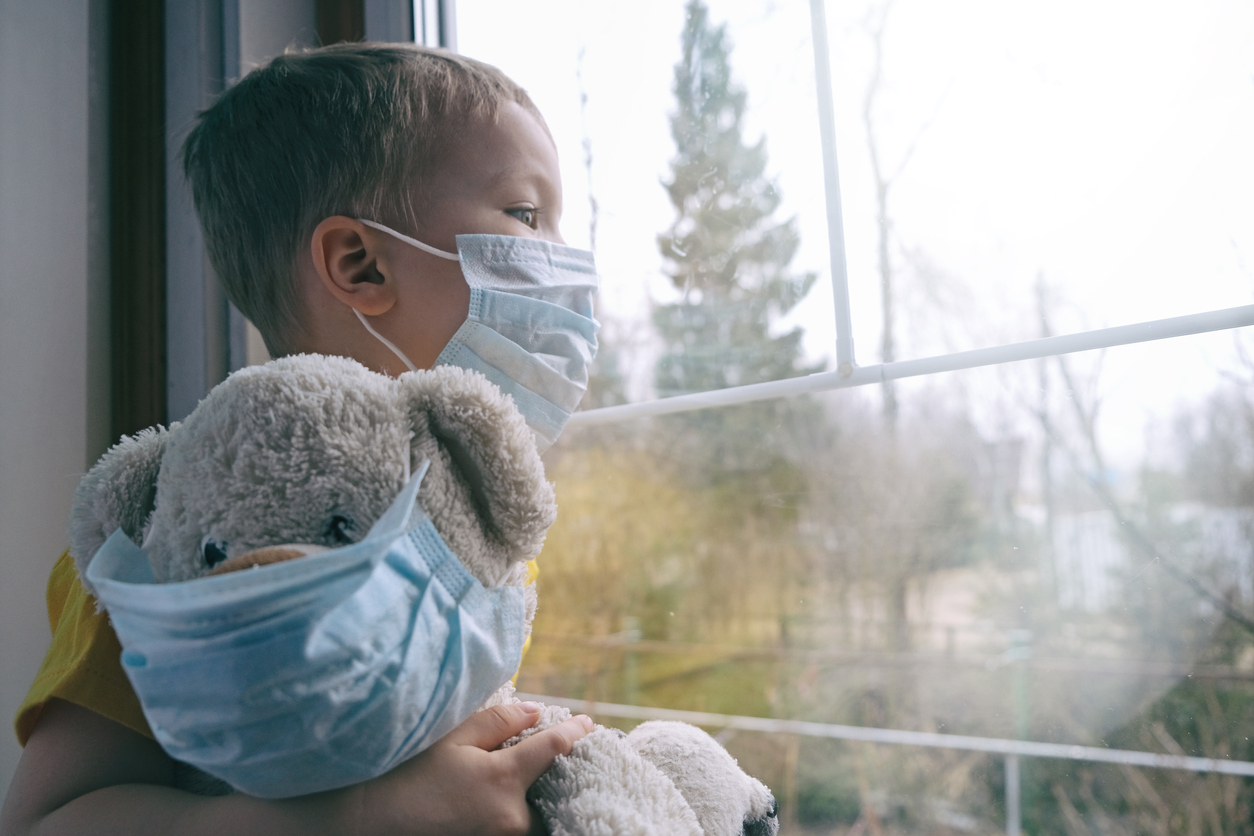Often people associate air quality with outdoor pollution. One may even think of urban cities with lots of cars or even industrialized areas. However, indoor air quality is a concern as there are harmful substances that can cause you and your family harm, even in your own home. Indoor air pollution occurs when particles or gasses that are not typically a part of the air enter your home. Data has shown that there have been over three million deaths associated with indoor air pollution.
Causes of Poor Indoor Air Quality
Each time you open and close your doors and windows in your home, pollution can make its way in. Pollution can also creep through cracks, space between your doors, or even unsealed windows. Things like smoke, pollen, allergens, and mold can all get into your home and harm you and your family. Particles are also released into your home through furnaces, fireplaces, and candles. Even new furniture, flooring, and carpet can be harmful. With so many opportunities for pollution to get into your home, it’s essential to protect yourself and your family.
Steps to Combat Indoor Air Pollution
While indoor air pollution may seem like a problem that would be difficult to tackle, there are several ways to get your home back into shape. Below you will find steps to ensure your indoor air quality improves drastically.
Cleaning:
Establish a regular cleaning routine, including dusting, sweeping, mopping, vacuuming, and carpet cleaning. Try to use natural or organic cleaning products.
Humidity:
Keep your home’s humidity levels below fifty percent. Humidity can lead to higher dust mite levels.
Candles and Cleaners:
Switch out scented candles and cleaners filled with chemicals. Instead, opt for natural, organic products and air refreshers like potpourri.
Windows:
On days with high pollen levels or outdoor pollution, keep your doors and windows shut. But, when air quality is good, open up your home and let things air out.
Air Purifier:
For major benefits at a reasonable cost, invest in an air purifier.
Bedding: Regularly wash your bedding and any related cloth items often as they are used daily. This can help reduce the presence of dust mites.
Air Conditioning Units:
Clean or replace your filters as they can accumulate dust and other harmful substances if not kept up with.
Mold and Mildew:
Wipe and wash mold, mildew, and any other harmful gunk off of any surfaces in your home. Pay close attention to the surfaces in your kitchen and bathroom areas.
Children with Asthma or Allergies
A population especially vulnerable to pollution is children with asthma or allergies. Pollutants can aggravate asthma, increase coughing, and decrease lung functioning. Other major risks include bronchitis, headaches, irregular heartbeat, and premature deaths for those who have issues with, or diseases in, their heart or lungs. Research has proven that air pollution worsens asthma symptoms as a study showed that children with asthma were forty-percent more likely to have acute asthma episodes on high pollution days versus average pollution days.
For those who have children with asthma, allergies, or if you think your child may be suffering from either, talk with a pediatric pulmonologist. A pediatric pulmonologist specializes in the medical care of infants, children, and adolescents with lung diseases and conditions. They can diagnose and treat respiratory disease issues and conditions that children suffer from.
Pediatric Pulmonologist in New York
If your child has asthma or allergies or is experiencing symptoms, contact Dr. Shukla for help. He is experienced in addressing pulmonary and respiratory issues. Instead of fearing the worse, contact Dr. Shukla and his team for medical advice. He can diagnose and treat your child, so you can be prepared for any issue related to your child’s condition.

